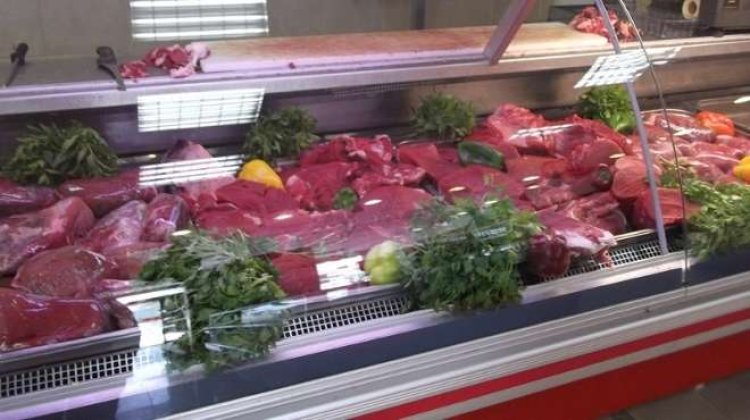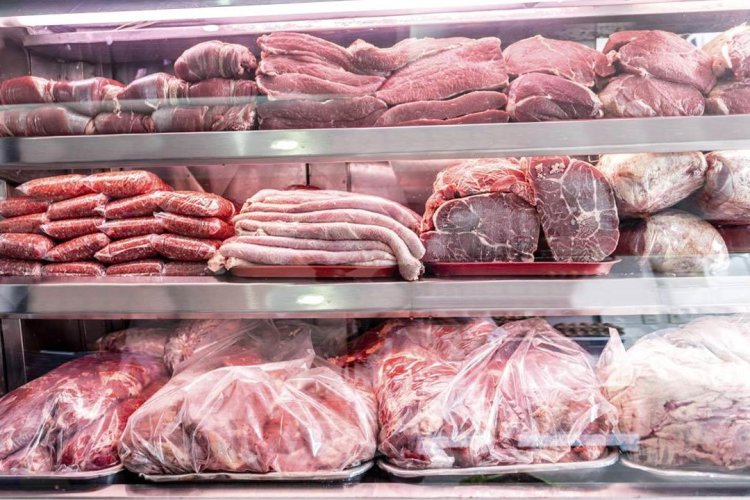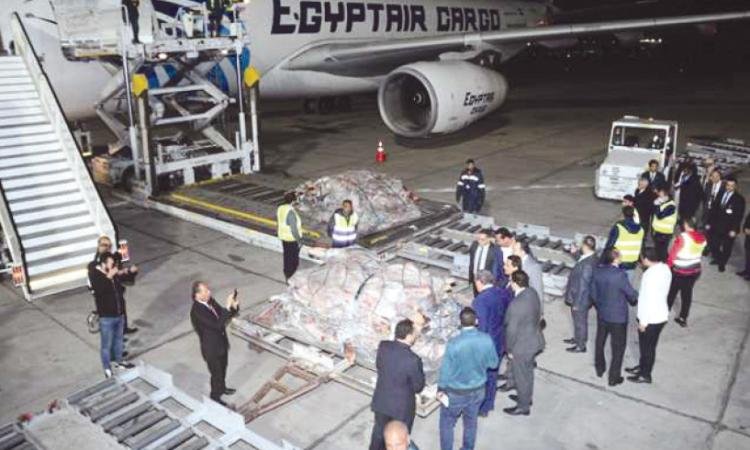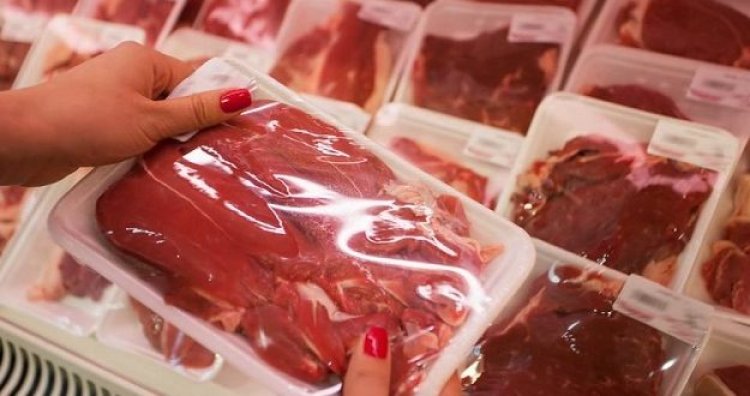Pumping more than 25,000 head of cattle from several African origins into outlets at reasonable prices
1,500 heads of cattle are pumped daily nationwide through the branches of consumer complexes in Lower and Upper Egypt, in addition to other outlets, at a price of EGP 195 per kilo.

Today, Saturday, the Ministry of Supply and Internal Trade announced the reception of more than 25,000 head of cattle from Sudan, Tanzania, Djibouti and Uganda, and pumping them into consumer complexes, sheds and other outlets, as part of the preparations for the celebration of Eid Al-Adha.
The Minister of Supply and Internal Trade, Dr. Ali Al-Moselhy, affirmed the state's keenness to provide basic food commodities of interest to a wide segment of citizens during the holiday, especially meat of all kinds, in addition to frozen poultry, and pumping it into markets, sales outlets, and stocks.
He added that about 1,500 heads of cattle are pumped daily nationwide through the branches of consumer complexes in Lower and Upper Egypt, in addition to other outlets, at a price of EGP 195 per kilo.
He explained that the Holding Company for Food Industries authorized the members of the Direct Purchase Committee to contract live sheep from merchants and suppliers who had previously dealt with the company, at prices lower than the market, while providing the committee with what was agreed upon.
Prices and quantities
The minister added that prices and quantities are being determined in light of the suppliers' request to postpone them to a later time, given the almost daily fluctuation in prices.
Sheep arrived from Tanzania
Al-Moselhi revealed that 5,000 sheep arrived from Tanzania and were slaughtered in Adabiya slaughterhouses in Suez, in addition to coordination with the Egyptian-Sudanese company to import 5,000 head of chilled lamb from Uganda, provided that it is shipped by air and arrives in the country within days.
The Minister of Supply pointed out that 38 sheep will be established nationwide to sell live sheep, in accordance with the regulations and requirements.

He explained that the controls include the delivery of the contracted quantities to the slaughterhouses of the Egyptian Company for Meat and Poultry in the orchards and sheds established in the subsidiaries, with determining the timing of payment in light of what was agreed upon at a price according to the existing weights upon sale, in addition to the supplier taking care of the live sheep in the sheds in terms of food and drink.
The Chairman of the Board of Directors of the Holding Company for Food Industries, Major General Ahmed Hassanein, confirmed that all special measures were taken to secure the strategic stock of meat and provide the needs of citizens.

Sudanese meat
Large quantities of livestock have been contracted from several alternative origins; In anticipation of any circumstance that may affect the regular supply of fresh Sudanese meat in the future.
Imported from Djibouti
6 thousand heads are being imported from Djibouti by sea through the port of Safaga and slaughtered in slaughterhouses, especially after obtaining the import approval and opening the necessary documentary credits for import during the first ten days of this June.
Brazilian frozen meat
With regard to Brazilian frozen meat, Hassanein said that a contract is being made - through the Supply Commodities Authority - for 5 thousand tons, provided that the supply takes place within 20 days from the date of opening the documentary credit and offering it at competitive prices.

In related context, one of the requirements of the Ministry of Supply, for contracting meat, is that the automatic slaughterhouse obtains ISO and food safety certificates, which is a mandatory procedure, as well as full veterinary supervision since the receipt of livestock in Sudan before their arrival in the country, as well as full supervision by the Ministry of Agriculture on the means Transportation and housing inside the quarries.


 Shrouq
Shrouq 












